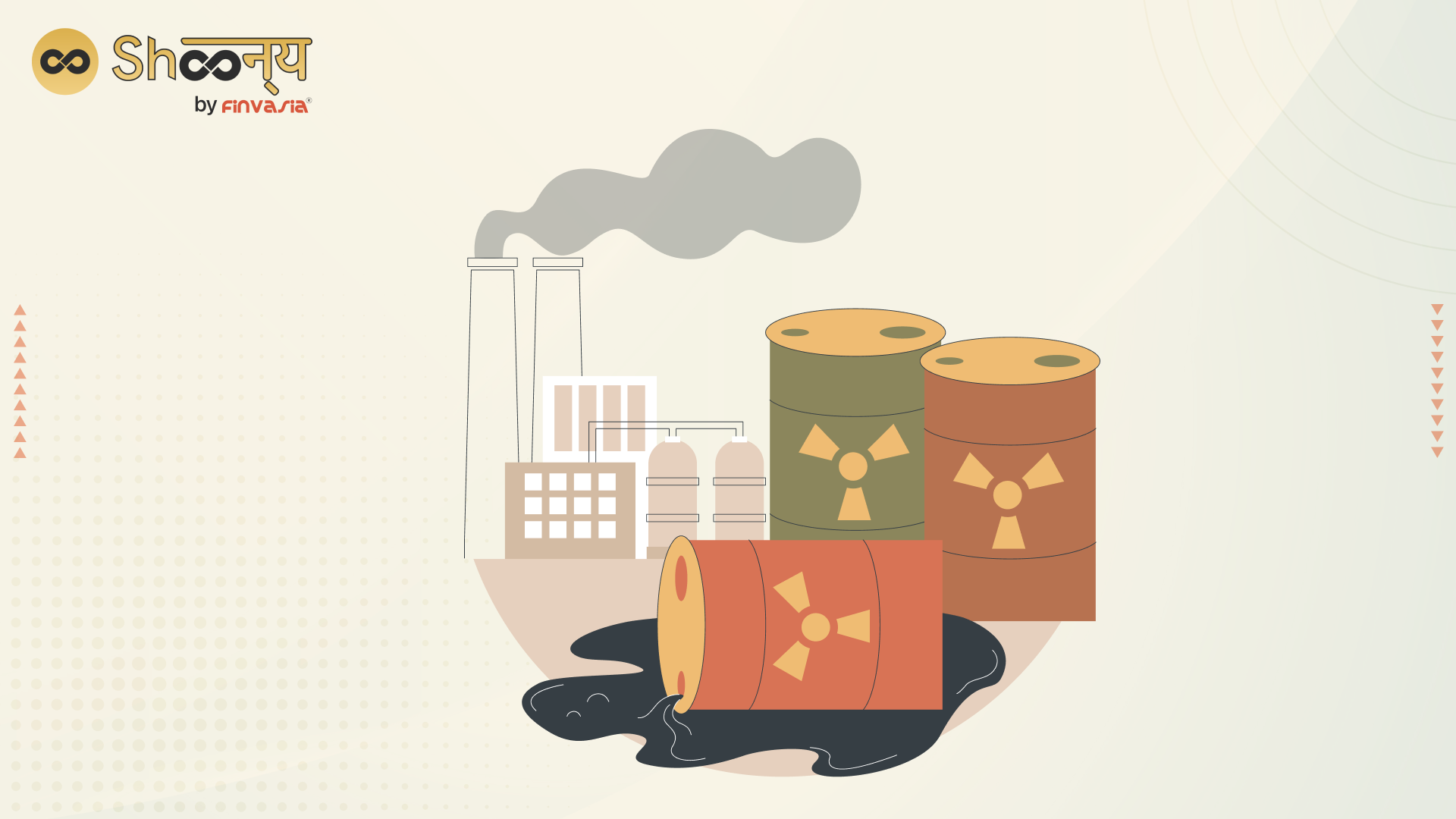Which Is Better: Metal Or Energy Commodity?

The most common dilemma among commodity traders is deciding which commodity class to invest in. While hedgers such as farmers often prefer agricultural produce, speculative traders prefer metal or energy. Now the question is whether metal or energy commodity provides a better return. Let us investigate.
What is Metal Commodity?
Metals are naturally occurring commodities in the earth’s crust. They have a high monetary value and are used as raw materials in industrial manufacturing or for investment. Precious metals for commodity trading and investment are available in bars and coins.
The most common exchange-traded metal includes gold, platinum, silver, and aluminium.
What is the contract size of the Metal Commodity?
The contract size of most common precious and base metals are–
| Metal | Lot Size | Price Quotation |
| Gold | 1 Kg | /10gms |
| Silver | 30 Kg | /Kg |
| Nickel | 1.5 MT | /Kg |
| Copper | 2.5 MT | /Kg |
| Lead | 5 MT | /Kg |
| Aluminium | 5 MT | /Kg |
| Zinc | 5 MT | /Kg |
Significance of Metal Commodity
- Base metals: Base metals include copper, zinc, aluminium, iron, and tin. These commodities are used in commercial or home appliances. Some of them are also used in constructing bridges, buildings, and other infrastructures as raw materials. Since these metals are widely used, they are in high demand on the commodity exchange.
- Gold: Gold is used in producing various electronic items due to its malleability and durability. They are also the preferred choice among Indians in the jewellery segment, making them an evergreen commodity on the exchange.
- Silver: Silver is also used to manufacture jewellery and electronics. Their prices are more volatile than gold.
Factors affecting Metal Commodity price
- US dollar: Precious metals, particularly gold, are imported and exported in USD. Because India relies on other countries to help meet domestic consumption, if the value of the USD falls, it loses its shine on the Indian commodity exchange.
- Government reserve: The central government maintains a gold reserve due to its liquidity benefits. It acts as a safety net during times of economic uncertainty. If the government, through the RBI, raises the gold reserve requirements, there will be a supply shortage of the physical metal, causing a price hike on the commodity exchange.
What is Energy Commodity?
The energy sector greatly impacts society more than any other commodity. Price fluctuations affect everything we use, including groceries, vehicles, and electronic devices.
In the context of commodity trading on MCX, you can choose either or both natural gas or crude oil.
Significance of Energy Commodity
- Crude oil: Crude oil serves as a crucial raw material in the petrochemical industry. It produces solvents, plastics, and various other industrial applications. It is also employed in precious and base metal mining operations.
- Natural gas: It is a primary energy source used in households and industries. Electricity generation, vehicle fueling, cooking, and cooling equipment are some major natural gas applications.
Factors affecting Energy Commodity price
- Supply chain: Natural disasters, as well as war and unrest, impact the extraction of oil reserves. It further disrupts logistics, resulting in a market supply shortage. As a result, the price is raised to a certain level to maintain the demand-supply equilibrium.
- Production level: If oil extraction from reserves or clean energy production levels fails to meet current demand, the price will rise.
Which is better for trading: Metal or Energy?
Precious metals, such as gold, are stable assets. If you wish to keep it in your portfolio for a long, it can outperform inflation and outclass various schemes’ returns. However, crude oil has an advantage over metal due to its high volatility for short-term trading.
Final Words
You can choose between metal or energy based on your investment horizon and the purpose of trade.








